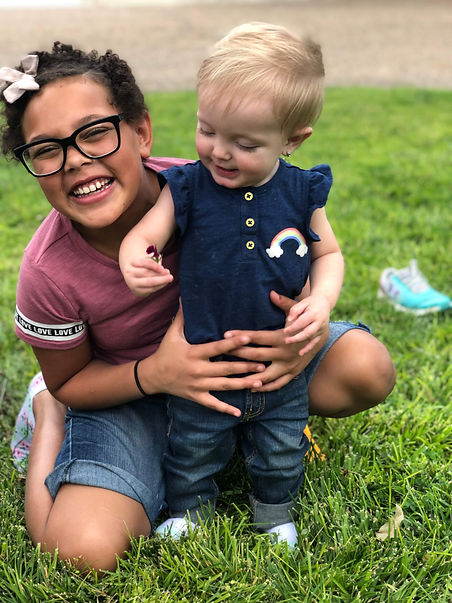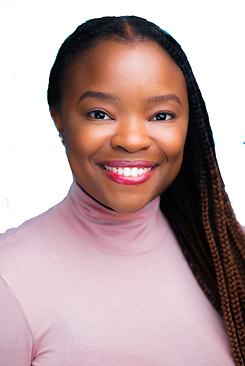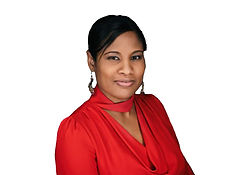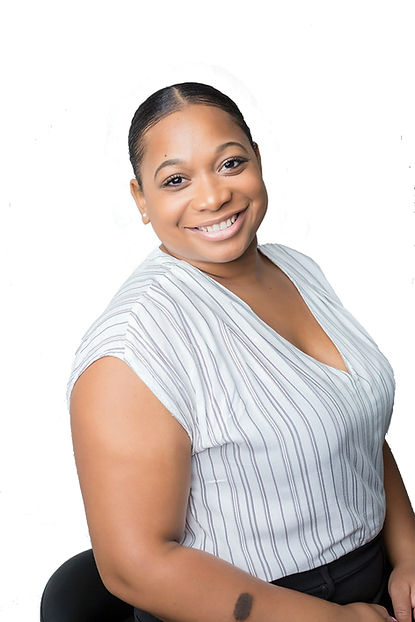
Family and Child
Therapy
Guidance in navigating growth
Family and Child Therapy
As children and adolescents grow, they have to navigate various experiences for the first time that can cause mental and emotional distress. Although there are predictable ranges of cognitive, emotional, and social growth according to each age, young people can face unique situations that can affect this function related to their home life, school, and the community in which they reside. Therapy can be useful to give them a safe space to process their experiences and find language for emotional difficulties. This process can include, playing, drawing, building, and pretending, as well as talking, which are all viable ways to get them to share, learn coping skills, and practice positive communication techniques.
Why Children & Adolescents May Attend Therapy
-
Behavioral issues (conflict with siblings, parents, peers)
-
Family issues (divorce, blended family, custody concerns, moving)
-
Difficulty at school (school avoidance, failing grades, bullying, difficulty making friends)
-
Depression
-
Anxiety
-
Trauma
-
Grief
-
Shyness
-
Anger & Irritability
-
Substance use
-
Chronic illness

Approach
As part of the intake, we ask that parents/caregivers participate in the session as we determine the goals of therapy, discuss expectations, and get to know each other. We go through your child’s current concerns, history of these concerns, their level of development, their ability to cooperate with treatment, and what interventions are most likely to help with the issues discussed. We also determine if therapy will be useful in combination with other treatments such as medication, family therapy, communication with the school, or psychological testing.
Complete Care
Throughout our time with your child, we work on building rapport and making sure they feel they are able to discuss any and all topics. We check in with them on what they are willing to share with their parent/caregiver and will always share any concerns around safety or harm. The length and frequency of psychotherapy depends on the complexity and severity of problems; you may continue to check in with your child’s clinician about their progress and how to maintain positive results.

Family and Child Clinicians
Dr. Nyasha Chikowore
Dr. Chikowore provides individual, family, couples and group therapy for individuals age 5 and up. She utilizes interventions such as Cognitive Behavioral Therapy (CBT), Trauma-Focused CBT, Solution-Focused Therapy, Interpersonal Psychotherapy for Depressed Adolescents (IPT-A), and Multicultural Counseling.

Patrice Craige
Patrice has over twelve years of experience conducting individual, family and couples therapy. Subsequent to completing Graduate school, Patrice worked in Florida for four years, conducting individual and family therapy in middle schools. In 2007, Patrice became a Certified Functional Family Therapist, conducting home based family therapy with at risk youths and their families.


Taylor Pinckney
Taylor is trained in Trauma-Focused Cognitive Behavioral therapy, an evidence-based treatment for children and adolescents impacted by trauma and their parents or caregivers. Taylor utilizes Cognitive Behavioral Therapy techniques to address Anxiety, Depression, Panic Disorder, Gender Dysphoria, Post Traumatic Stress Disorder, Grief, and Adjustment Disorders.
CHILDREN 10 YEARS and ABOVE ONLY
